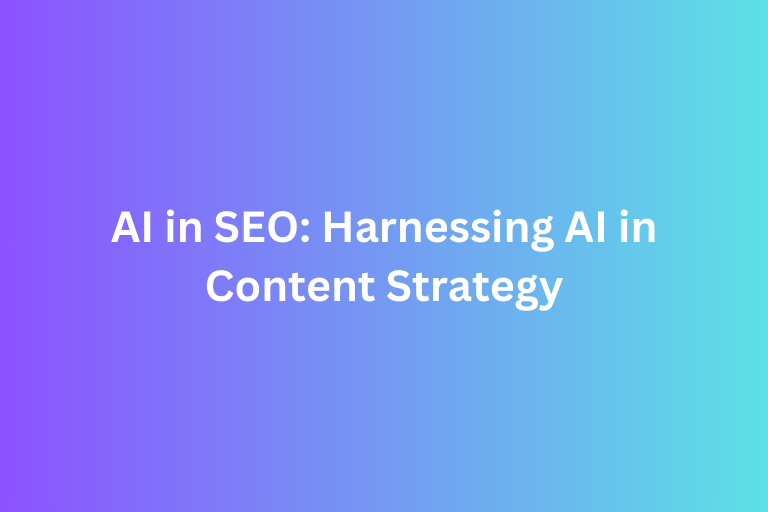Although Alt Text is not as popular as backlinks or high-ranking keywords, alt text serves as a crucial bridge between your content and its discoverability. Alt text plays an outsized role in making your website visible and user-friendly. But how do you ensure you’re maximizing its potential?
Not all images are created equal when it comes to SEO. Featured images and the first two visuals in an article hold particular weight. These images are often the first ones search engines encounter, and they are the most visible to users, appearing in previews and social shares. Optimizing their alt text is a simple but effective way to amplify your SEO efforts.
Discover why alt text matters and how you can use it to boost your SEO strategy.
Why Alt Text Matters for SEO
1. Enhances Image SEO
Alt text is a direct communication tool for search engines, providing descriptive context about an image. This helps images rank in search results, a vital opportunity given that Google Images accounts for nearly 22.6% of web searches. For instance, a well-crafted alt text like “A modern kitchen with energy-efficient appliances” can align with keywords and improve visibility.
2. Supports Context and Relevance
Search engines analyze your content holistically. Images with well-optimized alt text that align with your page’s topic strengthen your keyword strategy. For example, on a page about “eco-friendly interior design,” alt text for images like “A living room with reclaimed wood furniture” reinforces the content theme.
3. Boosts Accessibility and Rankings
Google prioritizes websites that provide a positive user experience. Alt text ensures your content is accessible to users with visual impairments, demonstrating adherence to inclusivity best practices. This can indirectly improve your rankings, as accessibility is increasingly factored into SEO algorithms.
4. Future-Proofs Your Strategy
As visual and voice search technologies grow, alt text becomes even more critical. Clear, descriptive alt text ensures that your content remains relevant and discoverable across diverse search formats, including tools like Google Lens.
Best Practices for Featured and Early Image Alt Text
1. Include Keywords Naturally
For these high-priority images, incorporating your primary keyword makes sense—if it fits naturally. For example, in an article on “sustainable gardening,” a featured image could have alt text like:
“A sustainable vegetable garden with compost bins”
2. Passively Integrate Themes
If keyword integration feels forced, focus on describing the scene in a way that reflects the article’s overall theme. For example:
“A cozy backyard with native plants and a rainwater harvesting system.”
3. Explain the Image’s Role
Use alt text to highlight what the image adds to the article’s narrative. For instance:
“Illustration of the benefits of sustainable gardening in urban areas.”
4. Avoid Over-Optimization
While it’s tempting to pack alt text with keywords, doing so can lead to penalties from search engines. Keep it natural, concise, and relevant.
General Tips When Crafting Effective Alt Text
Beyond featured and early images, applying best practices for all alt text can enhance your SEO:
- Be Descriptive but Concise: Vague alt text like “dog” or “cat” fails to add value. Aim for specific, informative descriptions. For example, instead of “dog,” say “Golden Retriever playing fetch in a sunny park.”
- Skip Redundancies: Avoid phrases like “Image of” or “Picture showing,” as screen readers already identify content as an image.
- Use Null Alt Text for Decorative Images: For visuals that don’t add meaning, set the alt attribute to null (alt="") to reduce noise for screen readers.
Bottom Line
Alt text is far more than a detail, it’s a strategic tool that enhances your content’s accessibility and discoverability. Focusing on featured and early images ensures your efforts target high impact visuals, giving both users and search engines clear signals about your content. By prioritizing this often-overlooked element, you’ll not only improve rankings but also create a more welcoming and effective online presence.
Boost Your Business with Professional Paid Advertising Services from FoxAdvert! Contact Us Today to Get Started!











